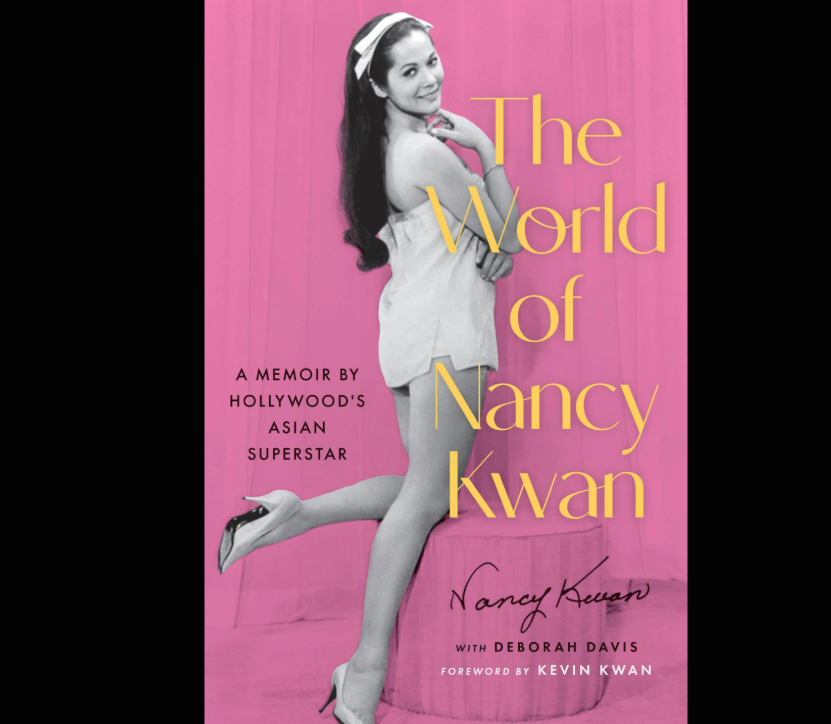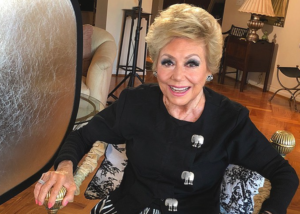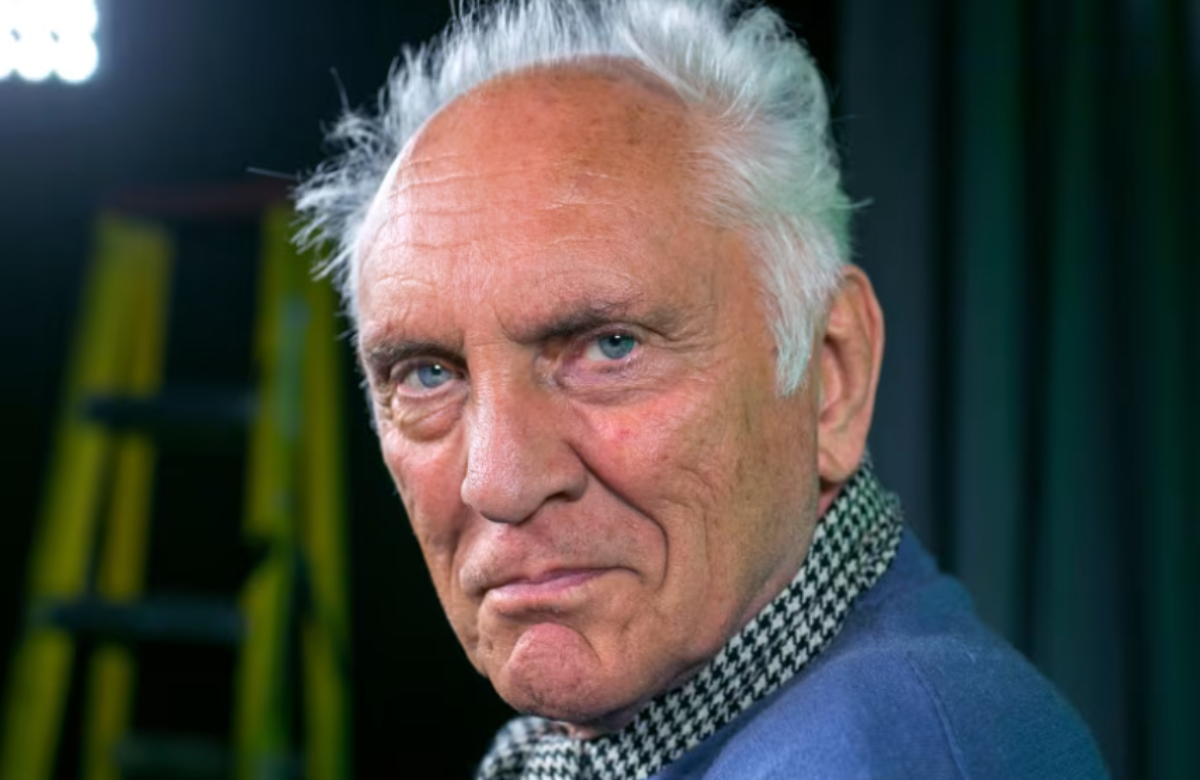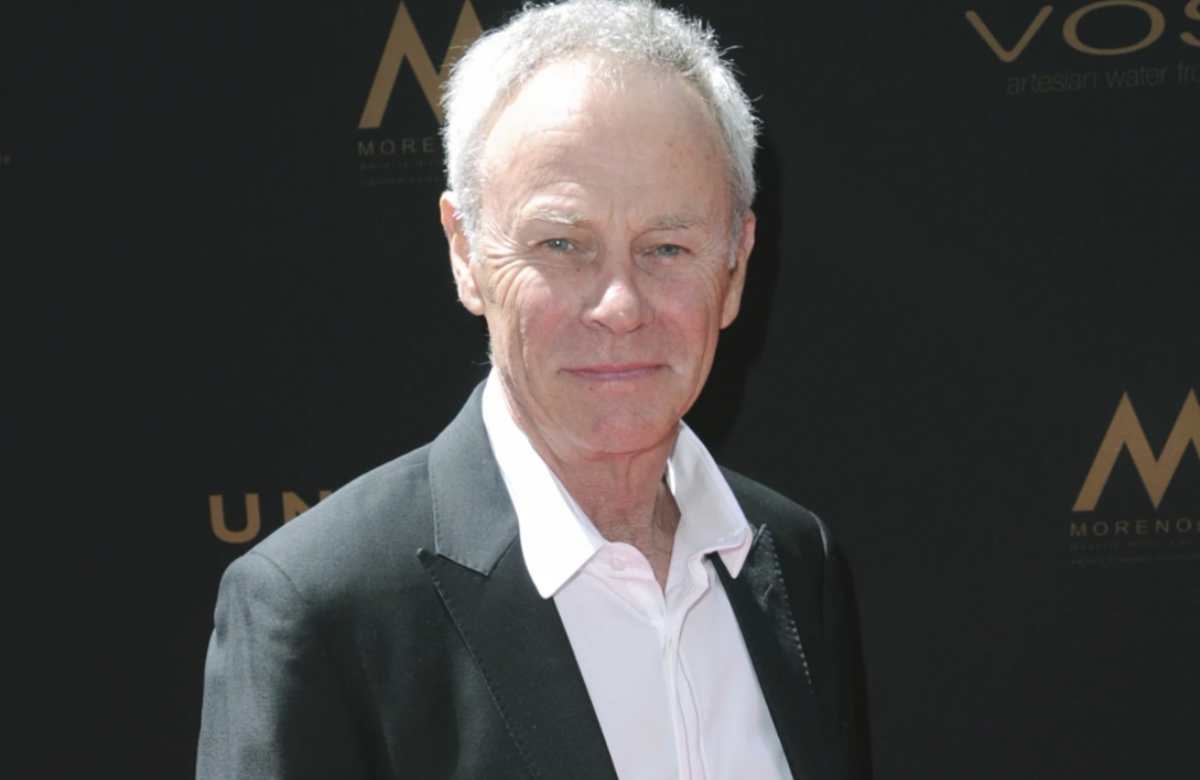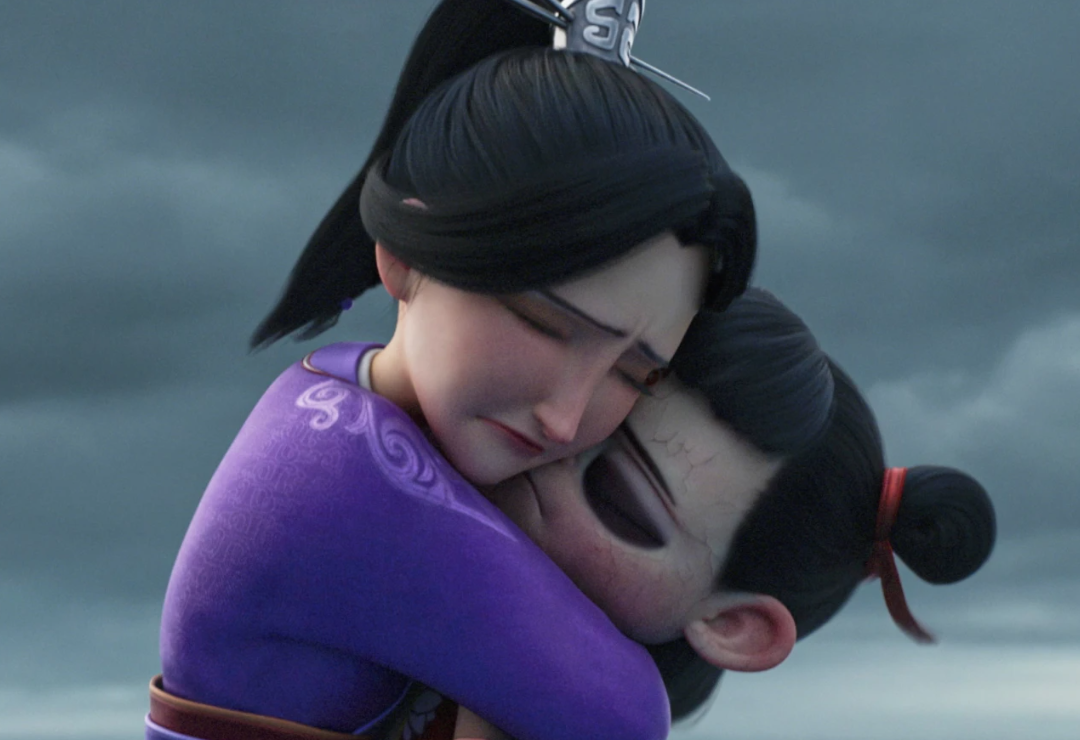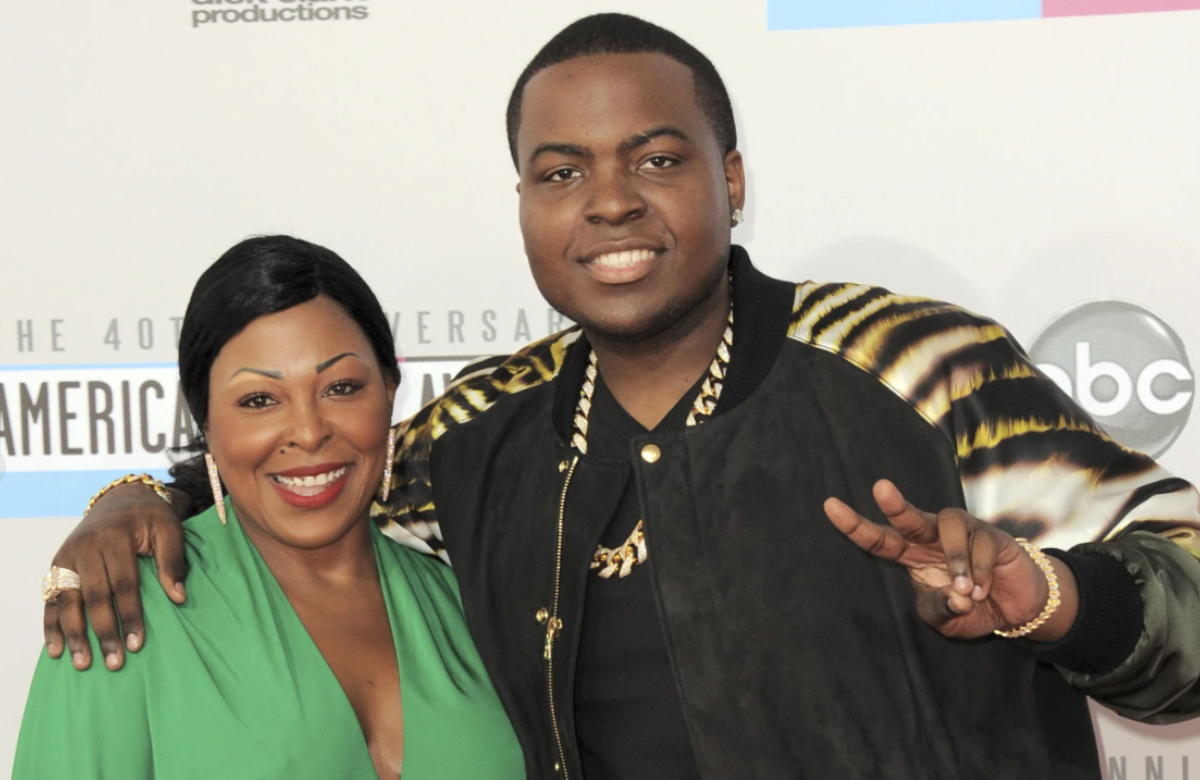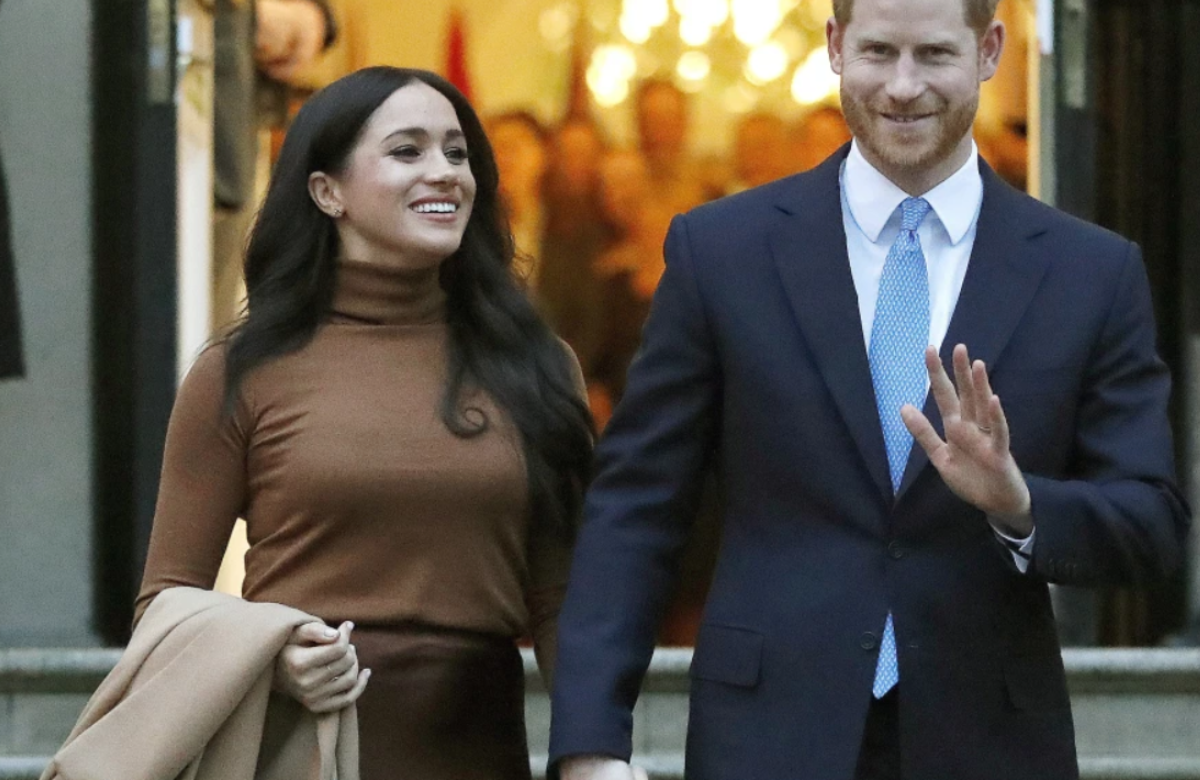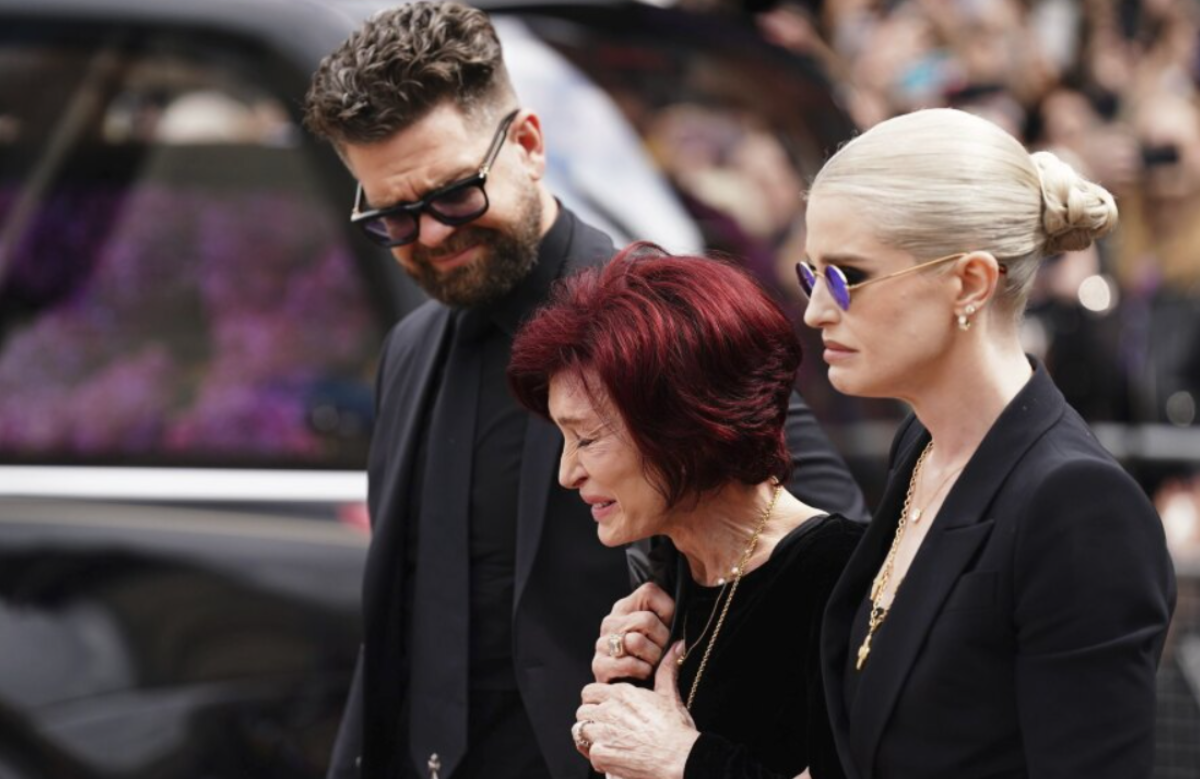Suzie Wong, the demure, submissive, and erotic character, became a stereotype that many Asian women in the U.S. grew up with. At one point, some might have secretly hoped to embody this geisha-like image as a means to escape oppression. However, over time, many rejected and fought against this portrayal, striving to define their true identity and dignity.
In her memoir The World of Nancy Kwan, the actress who played Suzie Wong in the iconic film reflects on her journey. Kwan, an Asian actor in a time when roles for Asian characters were often played by white actors in exaggerated slant-eyed makeup, looks back on the significance of being cast in an Asian role, which was a groundbreaking achievement during that era.
Kwan was born in Hong Kong in 1939 to a Chinese father and an English mother. Raised by a stepmother after her mother left, Kwan often felt like an outsider due to her Eurasian heritage. In her prologue, she writes, “I’ve broken barriers, celebrated achievements, overcome disappointments, and survived tragedies—this is my story.”
Throughout the memoir, Kwan recalls her experiences with major Hollywood figures like Pat Boone, Katharine Hepburn, and Dick Van Dyke. Some anecdotes feel like gossip, particularly her accounts of friendship with Bruce Lee. However, Kwan also candidly discusses the racial barriers she encountered, especially as a woman in Hollywood, where beauty and desirability were paramount. She notes how being called “the Asian Bardot,” a reference to Brigitte Bardot, was seen as a compliment during her rise to fame.
She also highlights the challenges faced by Asian-American actors, such as Jack Soo, a Japanese-American actor who was incarcerated in internment camps during World War II. Despite these obstacles, Kwan’s story is one of perseverance—highlighting how she advanced despite facing racial discrimination. She emphasizes that Asian actors’ roles were often limited to harmful stereotypes, such as “Fu Manchu villains” or “comic buffoons,” making her own success a notable achievement.
One of her significant milestones was being featured on the cover of Life magazine, wearing a cheongsam, which she views as a victory. Another key moment came when producer Ross Hunter cast her in Flower Drum Song, a musical film that broke racial stereotypes by portraying fashionable, wealthy Asian families, thus demonstrating that everyone, regardless of race, shares universal human experiences such as love, heartbreak, and dreams of happiness.
Kwan calls the film “joyous entertainment with the universal message that whatever our race, we’re all alike.” While some may feel that the film’s message didn’t fully address Asian American pride or diversity, there’s much to learn from Kwan’s journey. Her experiences reflect the challenges of landing roles that showcased her talent, with many Asian actors at the time feeling pain over having to perform in ways that didn’t reflect their true selves.
Kwan, alongside her friend Miyoshi Umeki, an Asian American actress who, like Kwan, faced stereotypical roles, shared a desire to be recognized for their true potential. For Kwan, being Asian in America was a testament to “our shared humanity,” where “East can meet West” and offer the world a chance at understanding and unity.
